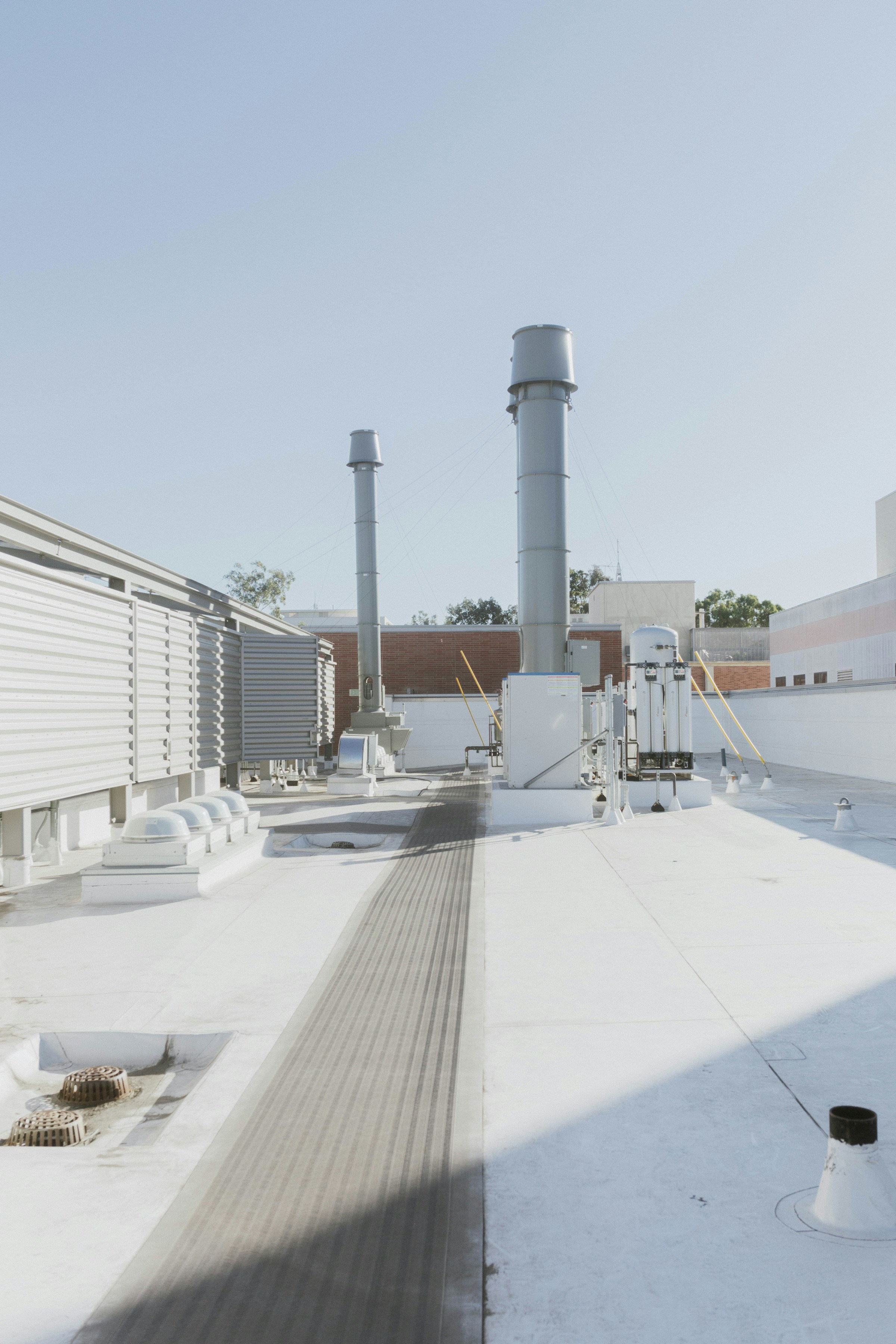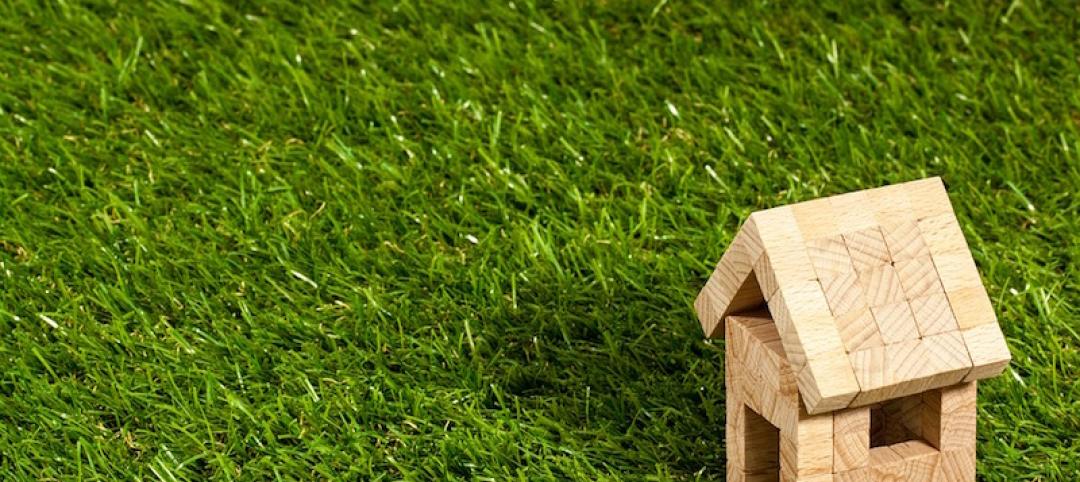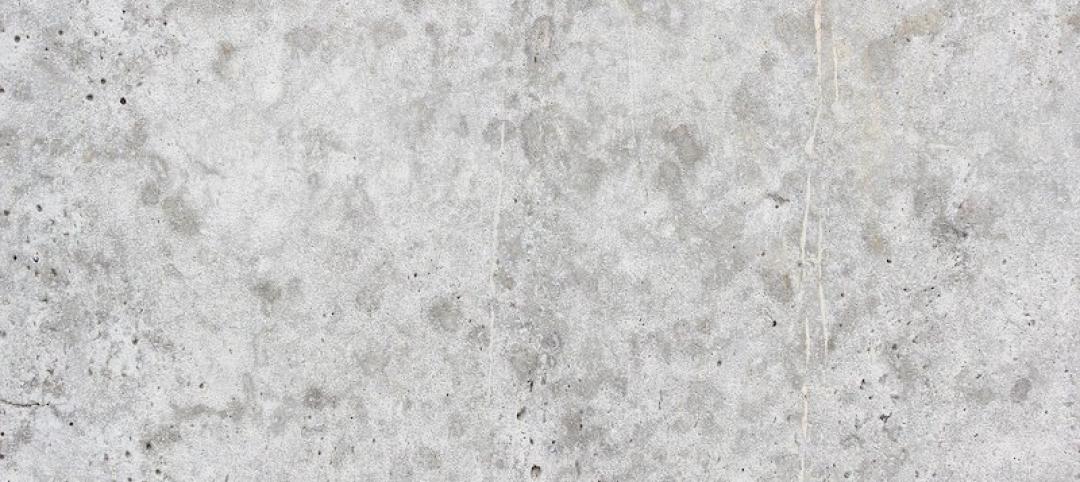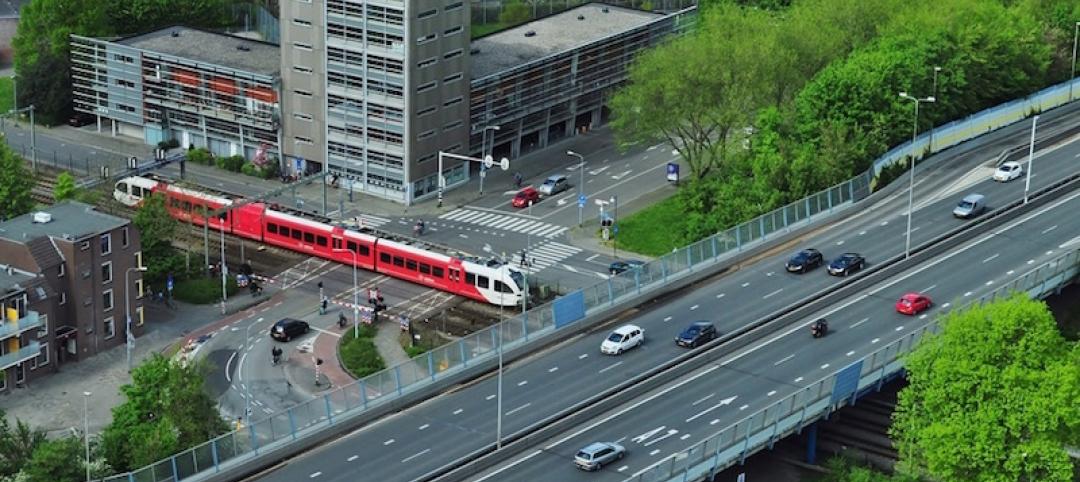A new technical brief from SPRI, the trade association representing the manufacturers of single-ply roofing systems and related component materials, addresses construction-generated moisture and its impact on commercial roofing systems.
Construction-generated moisture comes from activities including pouring concrete, burning propane heaters, painting, plastering, and drywall finishing. These activities can contribute to excessive levels of relative humidity inside the structure when proper remediation measures are not taken. Accumulation of condensation within the roofing assembly and within the structure can result when the temperature is at or below the dew point.
To control moisture, designers must identify the sources of moisture and develop a remediation plan during the design process. To reduce the probability of condensation, buildings under construction must be adequately ventilated, particularly during concrete hydration and other high moisture-related construction activities.
SPRI recommendations include avoiding the use of wet materials or materials with excessive moisture, installing vapor retarders in the roof assembly, avoiding penetrating vapor barriers, installing at least two layers of insulation, and always sealing deck-to-wall joints and gaps around roof penetrations.
Related Stories
Codes and Standards | Oct 24, 2016
Fall hazards, hazard communication lead 2016 OSHA top violations
The 2016 list bears a strong resemblance to the 2015 list.
Codes and Standards | Oct 21, 2016
Green Bond Guidelines for the Real Estate Sector updated
The market growth is a signal of future opportunities.
Codes and Standards | Oct 20, 2016
What top-ranked energy efficiency states are doing right on codes, utility mandates
Calif., and Mass., use aggressive targets to lead nation.
Codes and Standards | Oct 20, 2016
New cross-laminated timber fire tests back proponents of high-rise wood structures
'Demonstrating for the first time the feasibility of tall mass timber buildings in the U.S.’
Codes and Standards | Oct 14, 2016
ASCE issues first tsunami-safe building standards
The new standards will become part of international building code.
Codes and Standards | Oct 12, 2016
Making concrete greener
The high energy-consuming material can be made more sustainably.
Codes and Standards | Oct 11, 2016
Historic preservation moving beyond saving grand old buildings
National Trust for Historic Preservation CEO says the focus is on saving cities, not just buildings
Codes and Standards | Oct 10, 2016
Los Angeles voters will decide whether high-density developments should be harder to build
A March vote on the Neighborhood Integrity Initiative would put 2-year ban on zoning changes
Codes and Standards | Oct 10, 2016
New sustainable landscape development and management credential launched
GBCI offered the first testing opportunity Oct. 3 at Greenbuild
Codes and Standards | Oct 6, 2016
Obama administration will spend $80 million for smart cities initiatives
The technology is targeted for climate, transportation, resiliency.
















